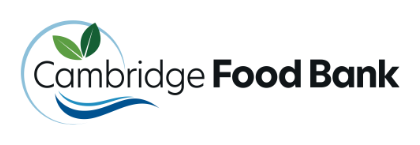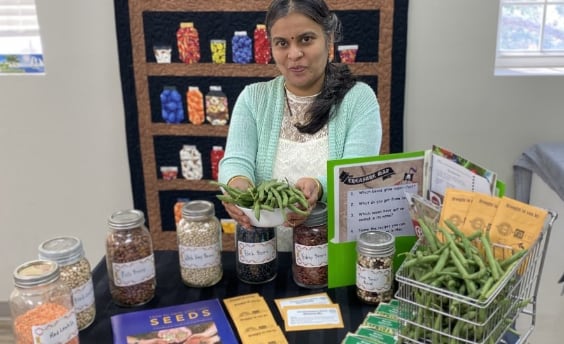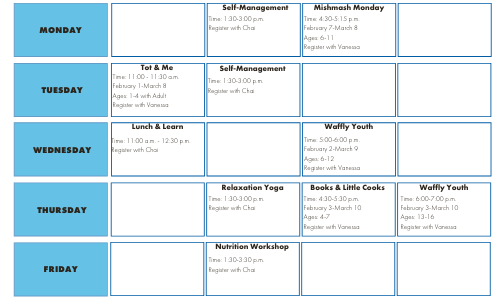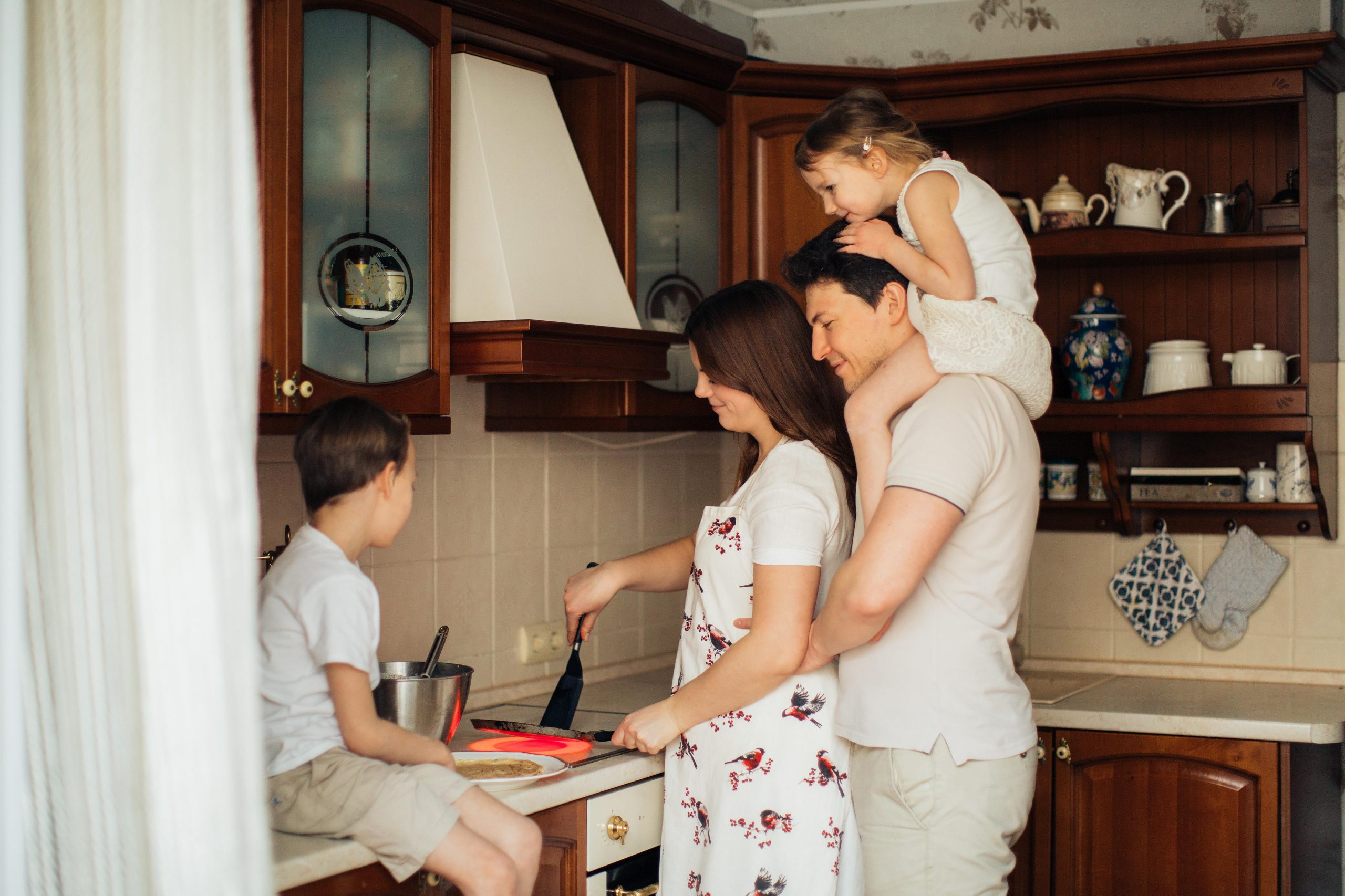Five great reasons kids should learn how to cook
As parents, raising a child who is a picky eater can be challenging especially if you’re trying to develop a healthy eating style. What if it didn’t have to be difficult? Google can show us many ways to avoid picky eaters, but reading doesn’t create results, actions do.
The Cambridge Food Bank believes that raising a child who genuinely enjoys eating nutritious food takes practice. Our Wellness Hub features a weekly youth program run by Vanessa, to help support parents in the Cambridge and North Dumfries area to raise children who are nutritionally diverse in their eating styles.
Here are Vanessa’s top five reasons kids should learn how to cook
- Kids build confidence and comfort in the kitchen
- Kids are more likely to try new foods prior to forming an opinion of them
- It expands their pallets to more nutrient-dense foods
- It increases their kitchen knowledge, safety, and terminology
- It creates a sense of pride
The youth program is disguised as fun for kids but contains many educational lessons.
Parents share their child’s 2022 program experiences
- “Ada has learned how to do many things in the kitchen. She now has the confidence to make the family breakfast.”
- “The Food Bank programs provided simple and healthy recipes that children loved to make. The reality is, if my child makes it, she’s going to eat it. So the inclusion of so many fruits and veggies has made her diet more diverse.”
- “Vanessa makes the classes so much fun plus they get to snack and try new foods while they cook. Also, the look of pure pride on her face when she makes a delicious meal for her family is priceless.”
- “My daughter loves the programs because she likes to eat, wants to know how to do more in the kitchen and because Vanessa is awesome!”
- “I have so many stories to share about our experiences with the Food Bank classes. It has made cooking time, family time. But my favorite story has to be where my daughter and her friend spoiled their dinner on veggies and a healthy yogurt dip they made with Vanessa. Let me say that again, they spoiled their dinner on veggies!!! Unheard of. As stated before, these classes are great and I tell all the other parents about it. My daughter’s friends are constantly asking to come over for the classes and quite a few of these recipes have become family favorites.”
Visit our website to learn more about the 2023 Wellness Hub, contact Vanessa at 519-622-6550 ext. 109 or vtoncic@cambridgefoodbank.org
**This cooking program is provided at no cost and all supplies are included.







